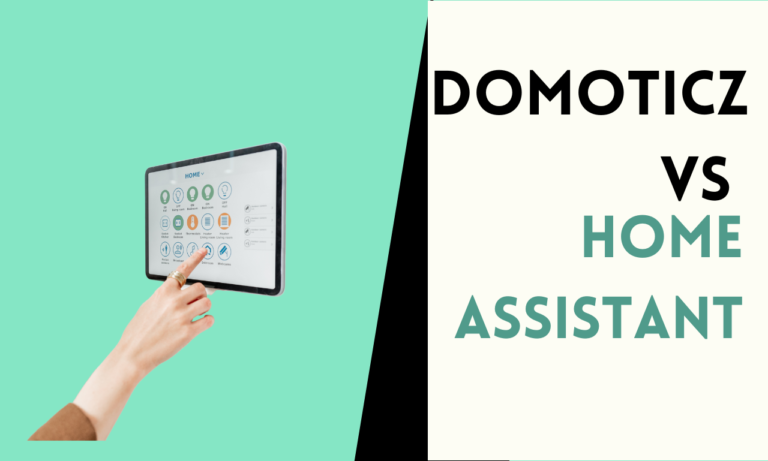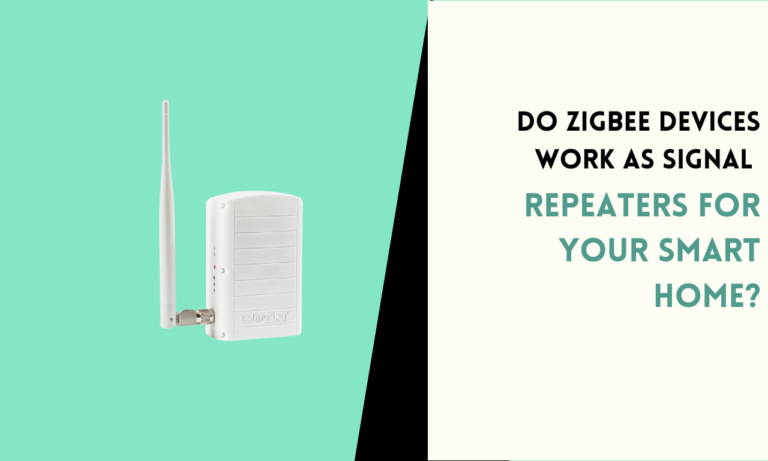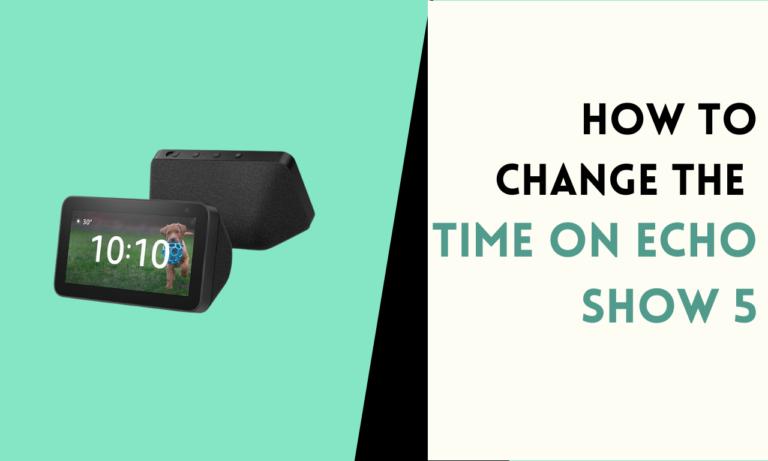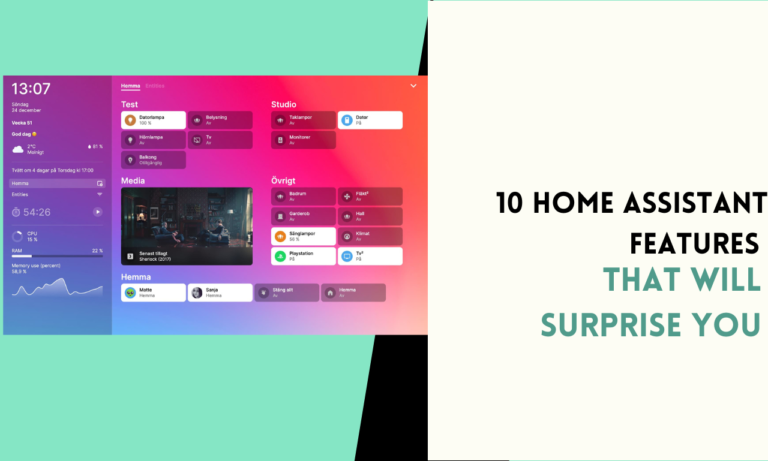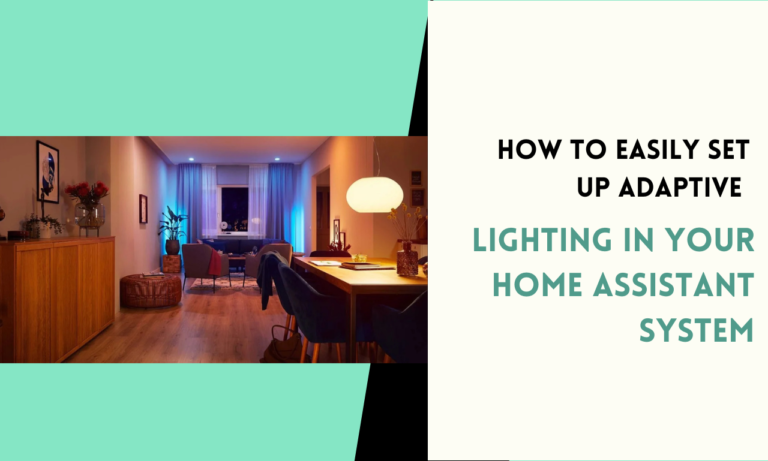The 5 Best Smart Plugs to Keep Energy Bills Low in 2025
Smart plugs are great for saving energy and lowering your bills. They help you monitor how much power your devices use and make it easy to control them. In 2025, the best smart plugs offer even better features to keep your home efficient and your costs down.
Reason for Using SmartPlex for Energy Monitoring
- Track energy consumption in real-time.
- Reduce electricity bills by identifying power-hungry devices.3. Schedule devices to turn on or off automatically.
- Monitor energy use remotely through a mobile app.
- Set alerts for high energy usage to avoid surprises.
- Integrate with other smart home systems for seamless control.
- Improve energy efficiency by managing device usage.
- Get detailed reports on energy consumption over time.
- Make informed decisions about which devices to unplug or replace.
- Help reduce carbon footprint by using energy more efficiently.
1. Kasa Smart Wi-Fi Plug with Energy Monitoring
The Kasa Smart Plug is known for its reliable energy tracking and seamless integration with major smart home systems. Its app provides detailed insights into energy use, making it a popular choice.

Features:
- Tracks energy consumption in real time.
- Supports scheduling and automation through the Kasa app.
- Works with Alexa, Google Assistant, and IFTTT.
Pros:
- Easy to set up.
- Detailed energy monitoring reports.
- Reliable performance.
Cons:
- Not compatible with Apple HomeKit.
- Slightly bulky design.
- Wi-Fi connectivity may occasionally drop.
Price: $10
2. Emporia Smart Plug with Energy Monitoring
Emporia’s smart plug offers advanced energy tracking with a compact design, making it ideal for small spaces and detailed energy analysis.

Features:
- Tracks real-time and cumulative energy usage.
- Provides hourly, daily, and monthly reports.
- Integrates with Alexa and Google Assistant.
Pros:
- Compact size fits tight spaces.
- Detailed energy reports.
- Affordable price for multi-pack options.
Cons:
- No HomeKit support.
- Limited to 15A appliances.
- Initial setup can be tricky.
Price: $11.99
3. BN-LINK Wi-Fi Smart Plug
The BN-LINK Smart Plug is a budget-friendly option that combines basic energy monitoring with simple automation features.

Shop now
Features:
- Tracks real-time energy consumption.
- Allows scheduling and remote control.
- Compatible with Alexa and Google Assistant.
Pros:
- Affordable price.
- Easy-to-use interface.
- Sturdy and durable build.
Cons:
- Lacks advanced energy insights.
- Limited compatibility options.
- Slight delay in response time.
Price: $12.99
4. Govee Smart Plug
The Govee Smart Plug provides reliable energy monitoring and easy app control, making it a great choice for everyday use.

Features:
- Tracks energy usage in real time.
- Supports voice control with Alexa and Google Assistant.
- Allows scheduling and timers.
Pros:
- Accurate energy tracking.
- Compact and stylish design.
- Simple setup process.
Cons:
- Limited third-party integrations.
- App updates may have delays.
- Not ideal for high-power devices.
Price: $12.99
5. Meross Smart Plug Mini
Overview:
Meross Smart Plug Mini is compact, reliable, and supports energy monitoring with Apple HomeKit compatibility.

Features:
- Tracks energy consumption and usage trends.
- Works with Alexa, Google Assistant, and HomeKit.
- Compact design for tight spaces.
Pros:
- HomeKit support included.
- Compact and efficient.
- Reliable connection.
Cons:
- Slightly higher price.
- Limited to indoor use.
- No advanced energy analysis.
Price: $17.99
FAQ
1. Are Smart Plugs Compatible with All Devices?
Most smart plugs are compatible with everyday gadgets such as fans, lights, TVs, and small appliances. Still, it’s important to check the smart plug’s wattage or amperage specifications before connecting high-power devices like air conditioners or heaters. While a smart plug is used with more devices than it can handle, safety risks can happen.
2. Do Smart Plugs Require a Hub to Work?
Many smart plugs connect to your Wi-Fi network directly, eliminating the need for a hub. Hub-free solutions are offered by companies like Govee, BN-LINK, and Kasa. For further functionality, some sophisticated smart plugs, such as those with Z-Wave or Zigbee integration, could need a hub. Always verify if a hub is required by looking at the product information.
3. Are Smart Plugs Safe to Use?
If a smart plug is certified and complies with safety regulations, it is safe to use. For assurance of dependability, look for certifications such as UL or FCC. Don’t connect gadgets that are more powerful than the plug can handle. To protect the smart plug from vulnerabilities, periodically check for firmware upgrades.

Scott is a husband, father, passionate writer and owner of homeautomationtalks.com and seniorgadgetguide.com. He loves to spend time in the garden, walking in the woods, cooking, is an avid gamer and most of all a tech enthusiast, which makes him the default tech support for his parents. 🙂

